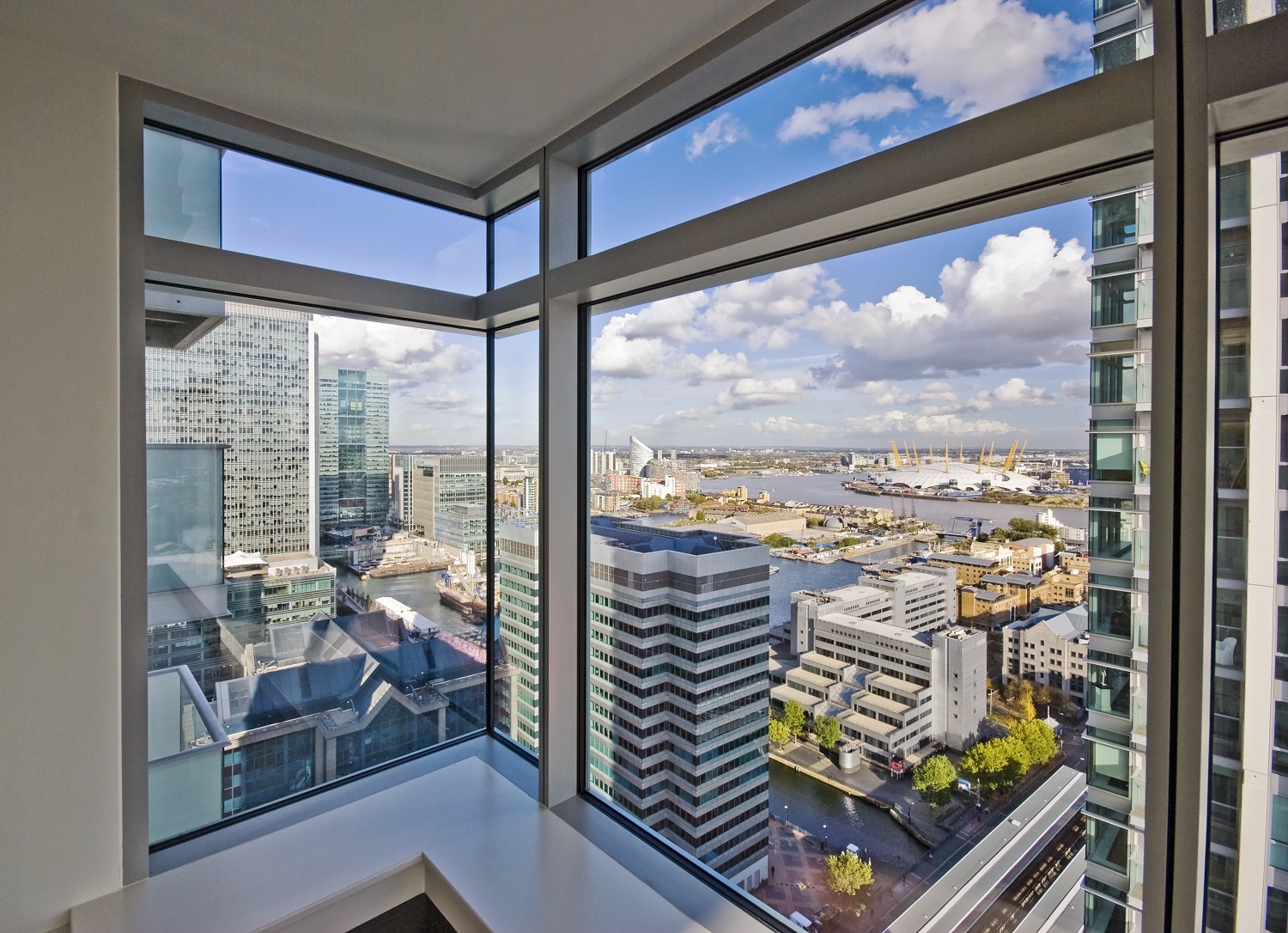Finding a place to rent in the capital can be a real challenge – high competition, high turnaround rates, especially for flats, can confuse even a veteran renter.
 The challenge is even bigger when you need to find a new home quickly.
The challenge is even bigger when you need to find a new home quickly.
A simple check list with a few things to look out for can help a lot as well as knowing a thing or two about the rental market in London.
The easiest thing of course is to go online and check out what is on offer but with so much information it is hard to choose where to start from.
Citybusters, a recently-launched website that specialises in all things rented, is recommending five easy steps to land a flat in London:
1. Choose the right place to search based on the length of your stay
Citybusters’ experts recommend
“Are you here for a short stay, a long-ish stay, or for the foreseeable future? Well, your strategy to find a place may look different depending on where you sit on this spectrum. Spareroom or Gumtree might be a good starting point for short or medium length stays. Airbnb might be more helpful for really short stays, but is still quite expensive. For long stays Spareroom can work too, however letting agencies might be able to understand some of your wants, including length of stay and help you find something in line with that. Like everything else in London, it comes at a price though!”
2. Act quickly – make a list of desired places and ring the letting agencies
Citybusters’ experts recommend
“The turnaround for flats in London is fast. As in they can be gone within hours depending on the time of year. University beginning and end times are really indicative of flat availability and cost. Meaning, early fall time is when there is less selection available and prices can be a bit higher. Spareroom offers Earlybird access, which gives you first access to newly listed flats at a cost.”
3. Before you say “Yes”, go see the flat yourself!
Citybusters’ experts recommend
“Pictures are deceiving in general, but in London pictures can be outright lies. Make sure things work and ask for things to be fixed. It’s your right. DO NOT give deposits to anyone before seeing a flat and getting proper legal contracts sorted. There are a number of scams related to taking deposits to secure a flat whereby the supposed “landlord” will not agree to let you see the flat or agree on the terms. Watch out Craig’s list is a well known spot for these scams to crop up.”
4. You have the power to bargain – Use it!
Citybusters’ experts recommend
“You are the buyer, the landlord is the seller. Before you transfer the deposit and sign on the dotted line, you have the right to get what you deserve. Many people complain about the lack of quality or money in London, and while it might be true, you have the power to bargain to bring the price down to some extent and to ensure that everything is in working order.”
5. Before you sign – Read your rental contract carefully!
Citybusters’ experts recommend
“If you are renting for a 12 month period, you can request a 6 month break in the contract, which means you can end your tenancy giving one month’s notice. The best way to ensure you get what you pay for is to know your rights. Study up and don’t let letting agencies and private landlords pull a fast one because they do it so often in a city where it’s a landlord’s market, not the buyer’s.”
Citybusters’ experts also recommend that you ask your landlord these three questions before you sign the tenancy agreement:
A) What deposit protection scheme will your deposit be held with?
According to the law, your Landlord must protect your deposit with one of the approved schemes within 30 days of receipt of the money.
B) What are the exact terms of the tenancy?
Depending on where you living this includes but is not limited to, smoking, visitors, parking, pets.
C) At the end of your tenancy, how will the flat inventory check be dealt with?
The reason you should sort this out on the onset is because some landlords may have policies around move-out where either you must have carpets professionally cleaned or landlords may send in a “professional cleaner” to ensure that the property is in a fit state. Be careful because sometimes it may be nearly impossible to meet those standards. Don’t forget normal “wear and tear” is a typical part of renting so define your terms from the beginning! Standard practice is usually going through the inventory and checking each item against its stated condition at the start of the tenancy.
*
A good way to learn more about a place you are thinking of renting is check out reviews of previous tenants and some key information about the area the flat is located.





Great article. I just used an app on my iPhone called Roomflick which worked